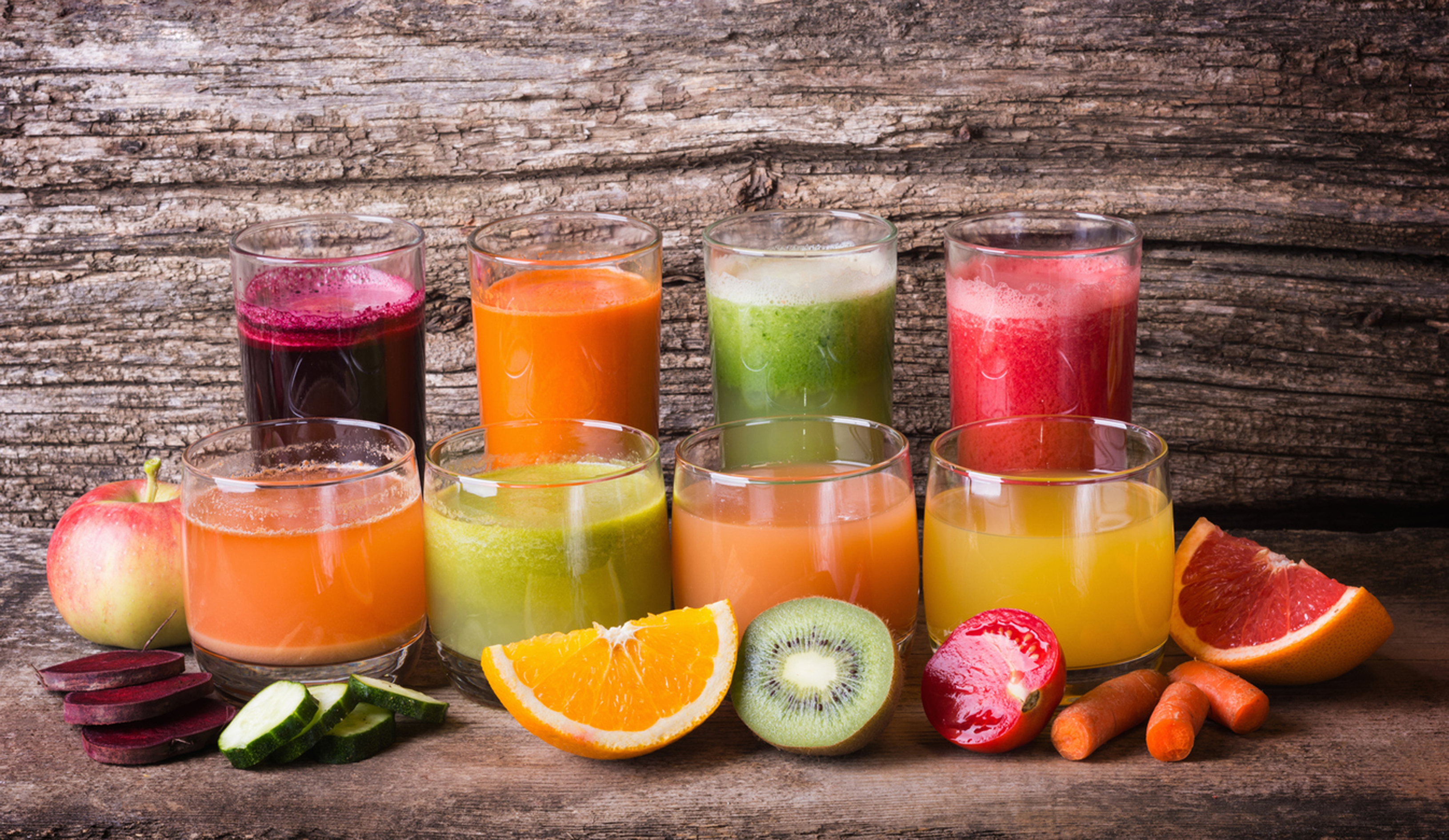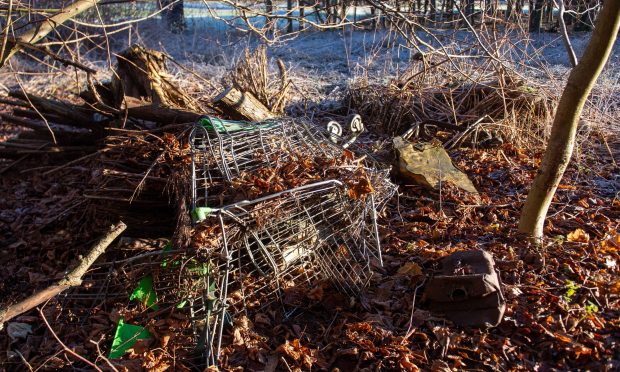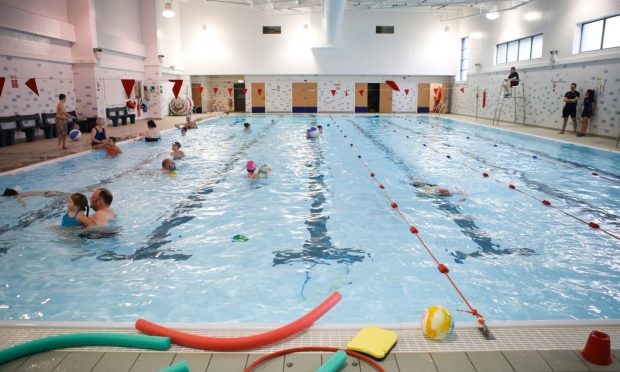Schools in Tayside have been banned from supplying primary school children with fruit juice.
The decision, taken by Tayside Contracts in conjunction with regional councils, removes fruit juice from school lunches as of March 31.
In a memo sent to head teachers, the body which supplies school meals advises: “It is frequently highlighted in school HNI (Health & Nutrition Inspections), which are part of school HMIE Inspections, that an excess of sugars are consumed by pupils during the lunchtime period, the main source of this being the fruit juice that is offered”.
The company said the aim is “to be proactive and ensure that pupils are being offered a healthy nutritional lunch and the removal of the fruit juice is a positive step towards healthier eating (reducing sugar content of menu options) and improving the oral health of our young people in the future”.
Milk and water will still be on offer to children.
The parent of one child at Birkhill Primary School complained that while fruit juice is being removed, sugary deserts are still on offer.
The mum, who asked not to be named, said: “I’ve always found it outrageous the number of puddings on the menu for school dinners. It should also be noted that 150ml of orange juice provides 58.5mg of vitamin C, whereas the above desserts have little nutritional value.”
Fiona Mathieson, the manager of Newport’s Dental Plus surgery, said: “To see this attitude, removing fruit juice, is such a difference.
“It’s a big, big move, obviously word is getting out. We’re ecstatic. People don’t always realise it’s not good for them. Milk, water and milky tea is all we advise.”
Commenting on the removal of “pure fruit juice”, a spokesperson for The British Fruit Juice Association said: “Government research shows that the majority of school-age children do not achieve the recommended five-a-day fruit and vegetable intake.
“Not having pure fruit juice on the menu as an option feels unfortunate.”
Joyce Thompson, dietetic consultant in public health for NHS Tayside said: “Many children consume far too many high sugar foods and drinks and too often.
“Although added sugar is not necessary for a healthy diet, small amounts used to sweeten foods are considered okay, but preferably at mealtimes so there is less risk of damaging our teeth.
“Although fruit juice and smoothies are unsweetened and the sugar comes naturally from fruit, they still provide free sugars.”
An Angus Council spokesman said: “This decision has been taken on the basis that it is a positive step towards healthier eating (reducing sugar content of menu options) and improving oral health.”
A Perth and Kinross council spokesperson said: “Fresh milk will be the preferred drink option for pupils with water available also as an alternative drink with the lunch.
“The provision of a pudding most days is seen as an integral part of a two-course meal, which has a more positive impact on children’s meal enjoyment and which often contains hidden fruit and vegetables to increase fibre and protein.”
A Scottish Government spokesperson said: “All local authorities have a duty to provide school meals that meet strict nutritional requirements, ensuring that pupils are offered balanced and nutritious school lunches.”
Both Dundee City Council and Tayside Contracts have been approached for comment.










